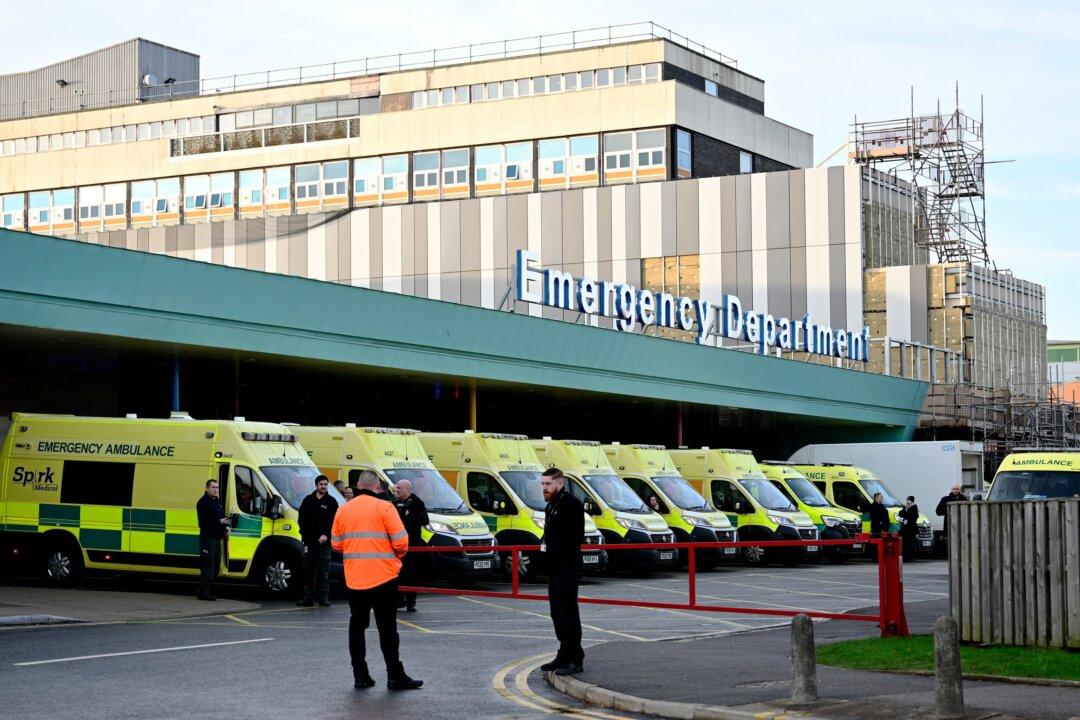Talks between the UK government and health unions have failed to break the deadlock ahead of a planned strike by paramedics and ambulance workers in England and Wales.
Health Secretary Steve Barclay met union representatives on Tuesday afternoon but their attempt to avert the strike planned for Wednesday appears to have ended in failure.





